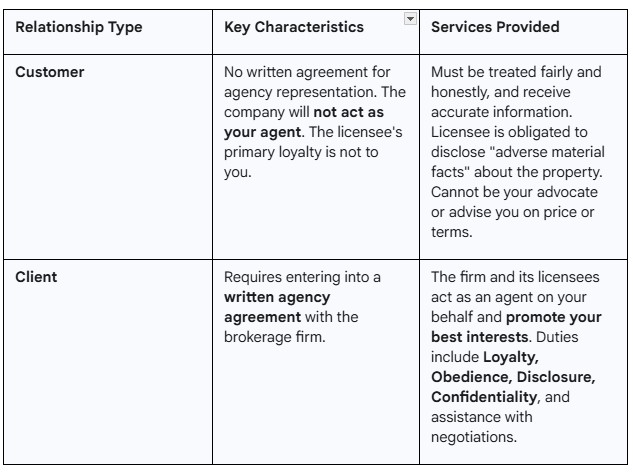🏡 Understanding Real Estate Contract Contingencies: A Guide for Charleston Homebuyers and Sellers
Whether you're making an offer on a charming historic home in the Battery or listing a new construction in Mount Pleasant, you're bound to encounter contingencies in your real estate contract

Whether you're making an offer on a charming historic home in the Battery or listing a new construction in Mount Pleasant, you're bound to encounter contingencies in your real estate contract. These conditions are crucial to a smooth transaction, and a clear understanding of them can protect your interests, whether you're buying or selling a home in the Charleston area.
What Exactly is a Contingency?
While a clause in a contract describes the rights and obligations of the parties, a contingency is a condition that must be met before the purchase can be completed.
Contingencies are not legally binding unless both the buyers and sellers agree to and sign off on them. Because these terms are so vital, it's always a good idea to have a real estate attorney review all contract terms, including any contingencies.
It is also essential to understand the real estate agency laws in your state and how your agent legally represents you as a customer or client.
Understanding Customer vs. Client Representation in South Carolina
In South Carolina, the services you receive from a real estate company depend on the legal relationship you establish. When you first contact a licensee, you are automatically considered a Customer of the brokerage firm.

When you become a client, you enter into a Single Agency relationship (Buyer or Seller). Other representation models, like Dual Agency (representing both buyer and seller with limited duties) or Designated Agency (assigning different licensees to represent each client exclusively), require prior, written informed consent. Your agent should explain all these choices to you.
Common Contingencies in Charleston Real Estate Contracts
Some of these conditions are standard, while others may be included based on your specific needs or priorities:
- Financing Contingency: Gives the buyer a specified time period to secure a mortgage.
- Appraisal Contingency: Allows the buyer or their lender to get a professional appraisal. Lenders typically will not issue a mortgage for a home sold for more than its appraised value.
- Inspection Contingency: Provides the buyer time to obtain a professional inspection so they can understand the home's condition and possibly negotiate repairs before closing.
- Title Contingency: Allows the buyer to conduct a title search to verify that the seller has clear ownership and there are no liens or legal issues.
- Homeowners Insurance Contingency: Requires the buyer to obtain homeowners insurance for the home before closing.
- HOA Contingency: Provides buyers with a period to review Homeowners Association documents, including financials, before going through with the purchase, if applicable.
Contingencies Related to Selling a Current Home
In a competitive market, these can be points of negotiation:
- Home Sale Contingency: Grants the buyer time to successfully sell their current home before closing on the new one.
- Home Close Contingency: Grants the buyer—who already has a contract offer on their current home—time to close on that sale before purchasing the new property.
🔑 Important Clauses and Seller Protections
Sellers have options when dealing with offers that include contingencies, especially those related to a buyer's existing home sale:
- Continue-to-Show Clause: If a seller accepts a home-sale or home-close contingency, they can ask to continue showing their home to other prospective buyers.
- Kick-Out Clause: If the seller receives another acceptable offer without any contingencies, the first buyers usually have the "first right of refusal". This means their contract remains in place if they can perform without the home-sale or home-close contingency.
- Rent-Back Clause: Sellers may request to remain in the home after closing for a period of time, if the buyers agree. Specific terms for rental compensation should be carefully negotiated.
What Happens if a Contingency Isn't Met?
Contingencies must be clearly articulated and include specific timelines.
If one or more agreed-upon contingencies aren't met within the specified time, either the buyers or the sellers can generally cancel the contract without penalty, provided both parties acted in good faith. Understanding and including the applicable contingencies will help protect your interests when you buy or sell your home. It is always a good idea to get legal advice before entering into a legally binding contract. Charleston Home agents can recommend a local attorney who could assist you.
Photo Gallery

